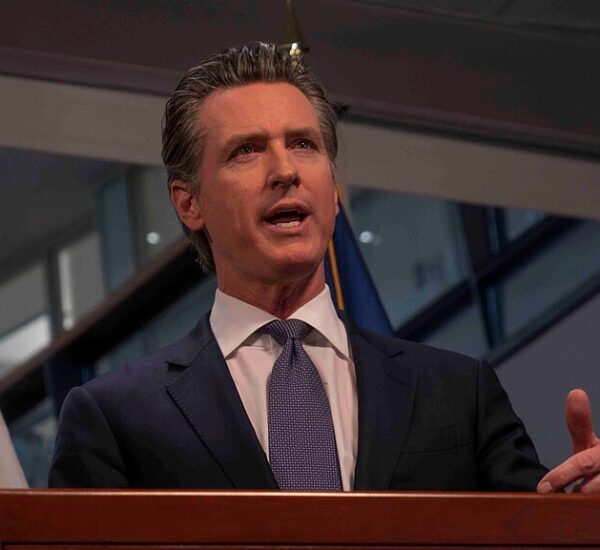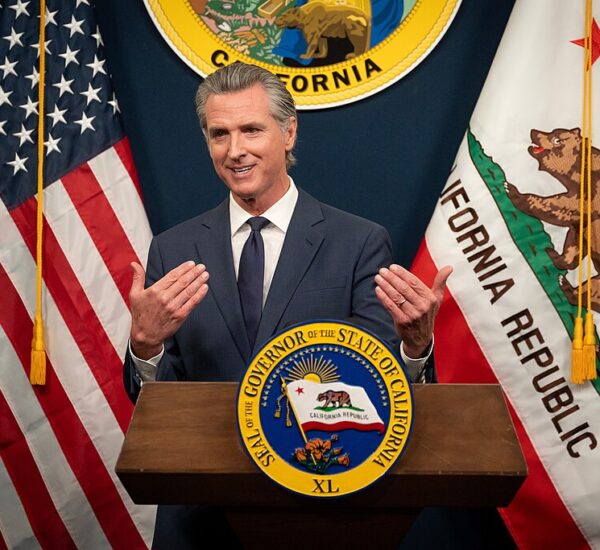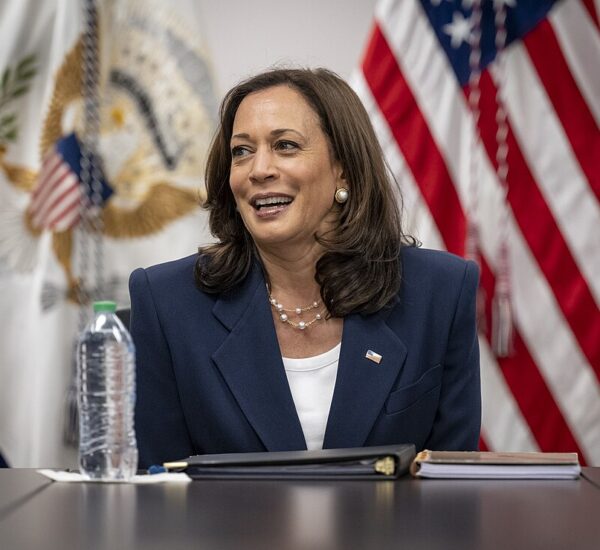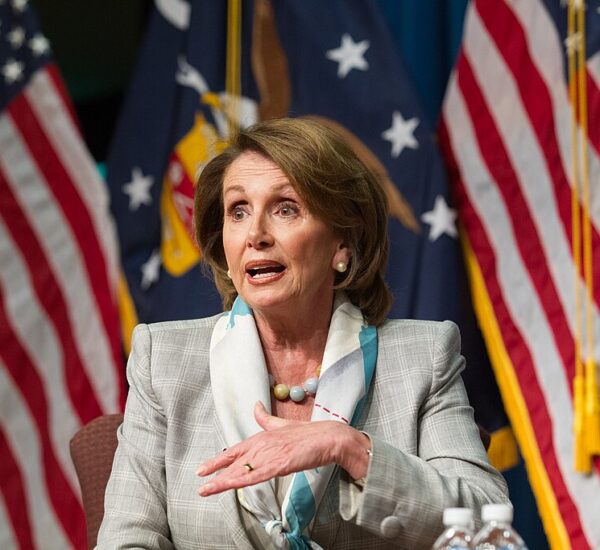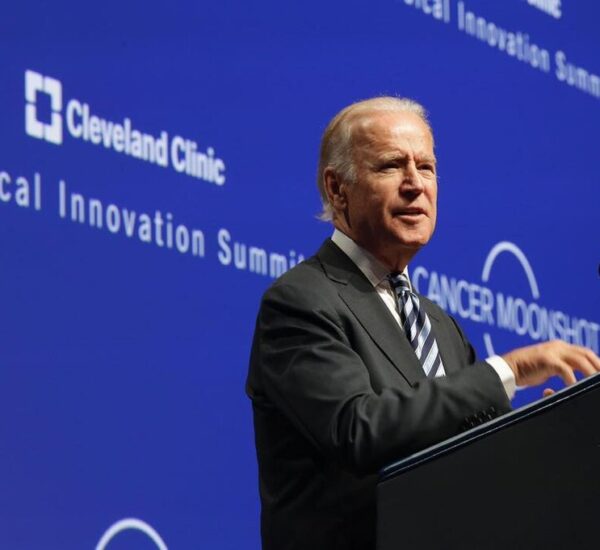Education Dept Gets Bad News
Linda McMahon, President Trump’s nominee to lead the Department of Education, has expressed strong support for the president’s bold plan to abolish the federal education agency. McMahon emphasized her full alignment with Trump’s vision of dismantling bureaucratic structures in Washington, arguing that control over education should be returned to the states where it truly belongs.
In her written response to questions from Democratic Senators Andy Kim of New Jersey and Elizabeth Warren of Massachusetts, McMahon reaffirmed her commitment to the mission of decentralizing education. She stated, “President Trump believes that the bureaucracy in Washington should be abolished so that we can return education to the states, where it belongs. I wholeheartedly support and agree with this mission.”
This position aligns with her previous statements during her confirmation hearing, where McMahon outlined her belief that the Department of Education’s functions should be reassigned to other agencies, thereby reducing federal overreach.
McMahon, a well-known businesswoman and former WWE executive, is set to face a final vote by the full Senate after receiving approval from the Senate Committee on Health, Education, Labor, and Pensions. With Republicans holding the majority in the Senate, her confirmation is expected to pass easily.
While some critics, particularly on the left, have raised concerns about her potential impact on education, McMahon’s loyalty to President Trump and her openness to radical change have earned her both praise and scorn. Democratic critics, like Senator Kim, have expressed fears about the potential harm to education programs, accusing the Trump administration of undermining the foundation of the nation’s schools.
Nevertheless, McMahon’s unwavering commitment to President Trump’s agenda highlights her determination to fight against what she views as federal overreach and push for a return to local control over education. For conservatives, this is a strong stance against Washington’s bureaucratic grip on critical institutions and a step toward empowering states to make decisions that best serve their communities.


